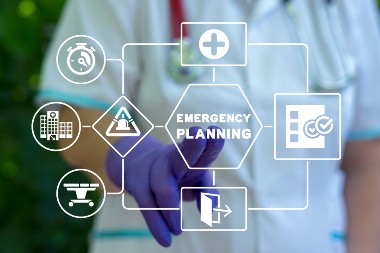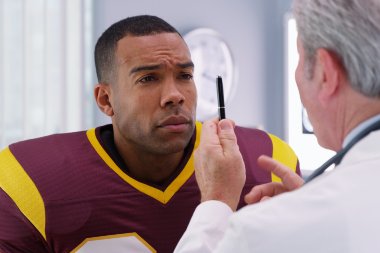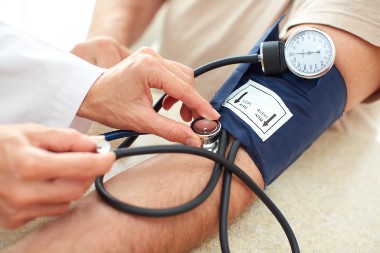Brad Laymon, PA In the dynamic environment of urgent care (UC) medicine, precise, and thorough documentation serves as a cornerstone for both clinical and operational success. Beyond merely fulfilling regulatory requirements, documentation excellence has 3 critical functions, which I refer to as the “trifecta:” 1. Improved patient outcomes through clear communication of care; 2. Mitigation of malpractice risk through clear and defensible explanation of medical decision making (MDM); and 3. Accurate description of complexity to …
Read More









